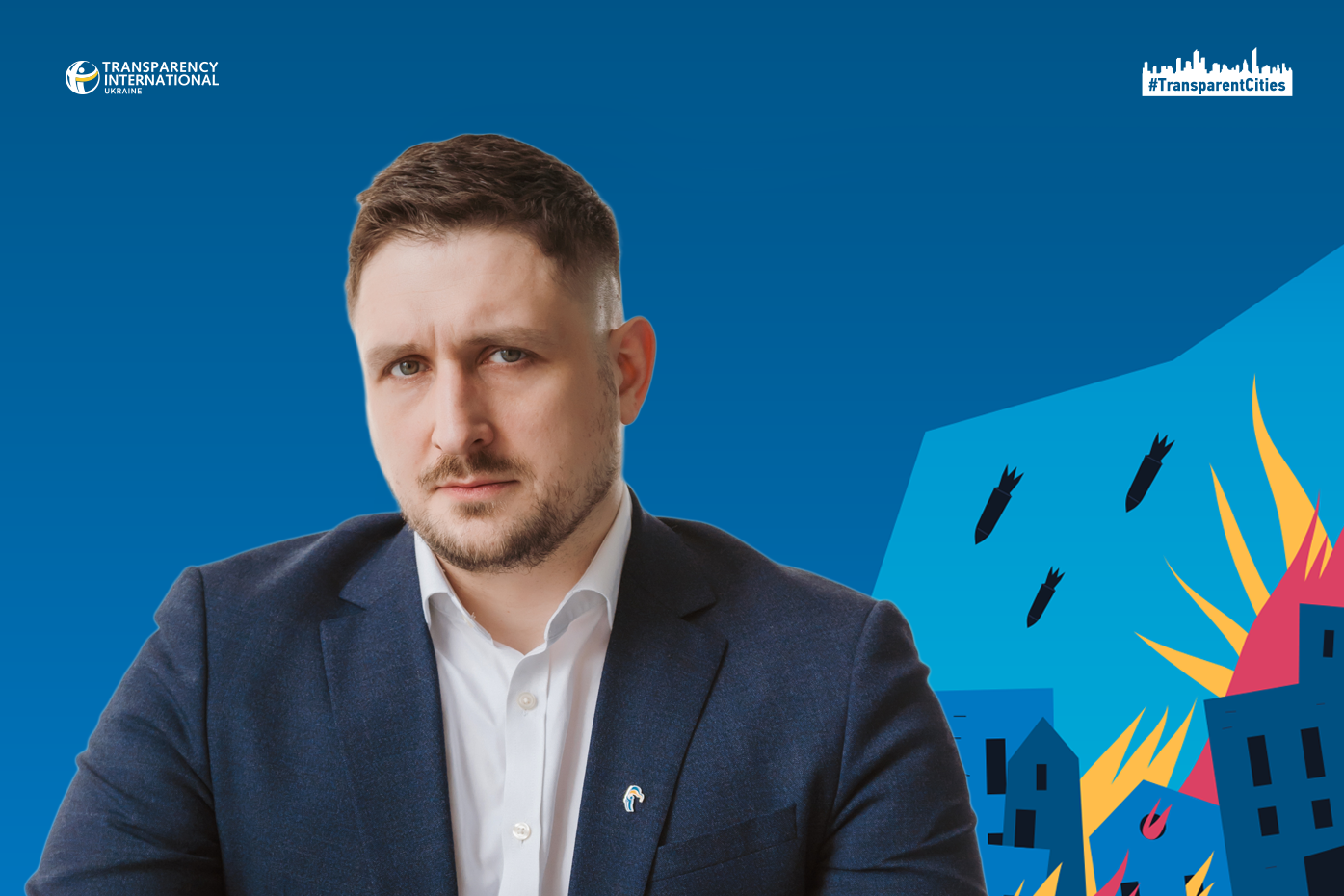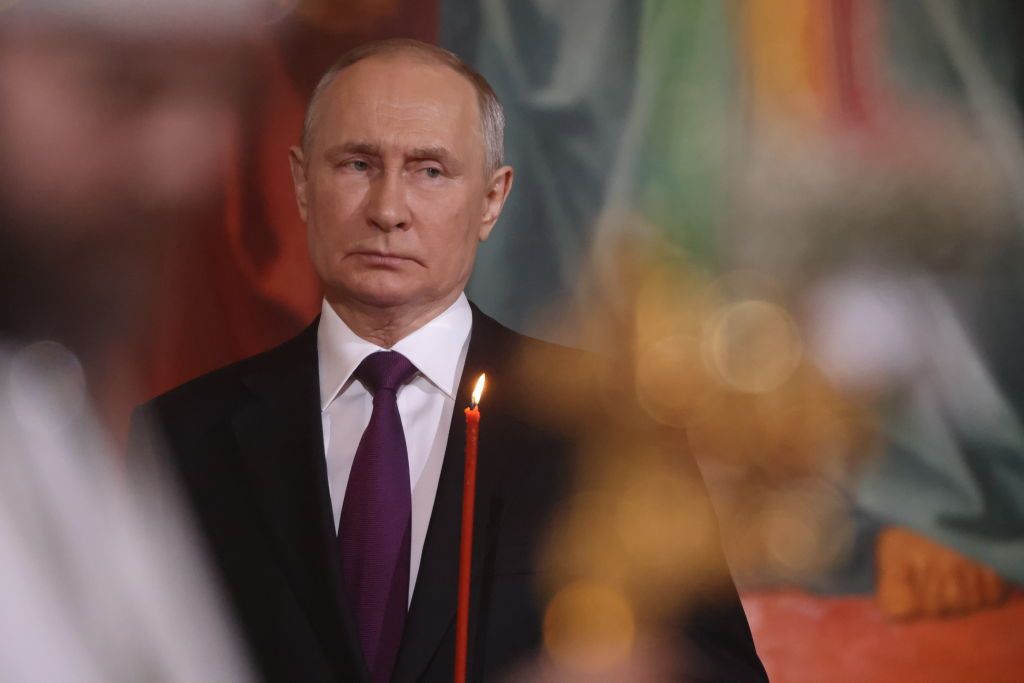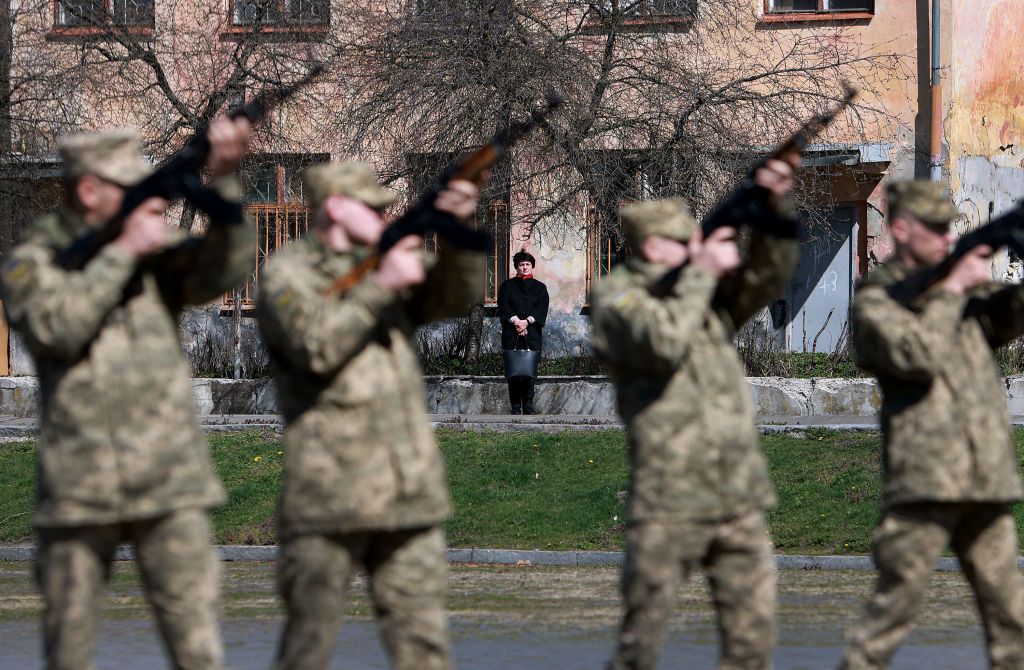Dennis Soltys: Ukraine is winning her Great Modernization War

Editor’s Note: The opinions expressed in the op-ed section are those of the authors and do not purport to reflect the views of the Kyiv Independent.
A task for all countries is an appropriate balance among individual, community, and national rights and obligations. Countries need stable traditions and identities, but also should be able to accommodate diversity and meet modern social and political challenges.
The main premises of this article are that Ukraine’s citizens are generally doing the right things in nation- and state-building, and deserve praise for their actions. In passing, this article addresses the philosophical foundations of Ukraine’s society – foundations that are sometimes attacked by domestic factions, and are always attacked by Russian imperialism.
The 20th century was very unkind to Ukraine, with nascent independence movements suppressed by armies of Russian Reds, Russian Whites, and Poles after WWI. These tragedies were followed by the genocidal Great Famine of 1932-33, Nazi and Soviet atrocities during WWII, and the Gulag prison system. Soviet indoctrination and repression did everything possible to divide and rule Ukrainian society and to inculcate within Ukrainians a sense of inferiority, or at least of resignation to the inevitability of Soviet/Russian rule.
Considering their divisive and crushing historical legacy, it seems like a miracle that in recent decades Ukrainians individually and collectively found it in themselves to take responsibility for their country, beginning with the student movement and Revolution on Granite in 1990, the Orange Revolution, the Revolution of Dignity, and now nine years of defense against full-scale Russian military invasion.
The reason for this remarkable activity is that Ukrainians underwent a process of social modernization in the aftermath of WWII. Social modernization is marked by such things as freedom of association, freedom of the press, rule of law, personal responsibility, rationalism, and advancement according to acquired professional qualifications. It is also marked by a politically secular frame of mind, according to which citizens vote for representatives not on the parochial basis of ethnicity, religion, or language but on the basis of merit.
Whereas Ukraine has all of these characteristics to some or greater measure, Russia hardly has these at all. It is these characteristics that most fundamentally distinguish Ukraine’s citizens from those in the Russian Federation.
Therefore the current Russian invasion of Ukraine is motivated by an unarticulated threat that the Russian leadership and society feel from Ukraine’s social modernization. NATO expansion, “oppression of Russian-speakers,” and “denazification” are merely surface rationales for Russia’s military invasion, actually motivated by traditional imperialism.
The real reason for the Russian perception of threat is that a country exhibiting social modernization is forever lost to any new Russian empire, as happened with the modern societies of Poland, the Baltics, Finland, and other former satellites. In other words, the Russian world has no attraction for modern people, and nations can be kept in the empire only by trickery or force.
Russian imperialists have a special dislike for what they call the Anglo-Saxon group of countries. The main difference between Western, especially Anglo-American, democratic civilization and the Tsarist-Soviet-Russian Federation authoritarian model reduces to a diametric difference of worldview.
The Russian model is predicated on a Hobbesian logic of “war of all against all” and of mutual suspicion and fear. This was accented by the conflictual worldview of Marxism, and reduced to the Leninist principle of “kto kogo” ("who, whom"). This view is based on the assumption that ordinary people are ignorant and prone to disorder, need to be controlled, and are a resource for the ruling elite. Such a view of the human personality legitimizes the rule of a tsar, general secretary, or FSB operative.

Probably the most influential person in modern Western political thought, especially in Anglo-American thought, is Englishman John Locke (1632-1704). Locke had an exalted view of the person. He believed that people were intelligent, capable of understanding their own interests, the interests of others, and could resolve differences reasonably. People were more inclined to do good than harm; and so the main task for constitution-builders was to devise democratic political structures and judicial systems that would enable the better sides of the human character to be realized.
Similarly arguing for democracy and the dignity of the person, Frenchman Alexis de Tocqueville (1805-1859) asserted that the wisdom of the many was greater than the wisdom of the few.
All this was an extension of the philosophy of Aristotle, who considered interest and informed participation in social and political life to be the highest expression of the human soul. For Aristotle, participation in civic life was normatively both a duty and a pleasure; and this view lies at the foundation of Western democratic practice, which idealizes the notion of active citizenship.
Ukraine’s citizens have well demonstrated the mentioned philosophers’ civic ideals. This has occurred not because of some genetic striving for freedom (though this value is certainly present in Ukrainian culture), but because of historical circumstances that cannot be discussed here.
And thus, in contrast to earlier recriminations and jealousies among ethnic Ukrainians and Poles, Jews, Hungarians, Romanians, and between socialists and conservatives, Banderites and Melnykites, when Ukraine failed to achieve independence from more powerful opponents, the present era is marked by an unusual degree of civic accord.
In Ukraine’s present case democracy has not led to anarchy, for which Moscow likes to accuse Ukrainians of having a genetic disposition, but has enabled social dialogue and civic accord. Ukraine’s democracy is working as democracy should.
Ukraine still faces many trials ahead. The war needs to be won, and there will be huge problems of reconstruction. Moscow will continue to try to sow discord by playing on old divisions. In this regard, the most essential argument of this paper is that Ukraine’s citizens should not look backward at past recriminations, but should look forward to a shared better future based on humanistic philosophical foundations.
In the meantime, under conditions of freedom, Ukrainian society continues to learn about itself and to become intellectually and politically more mature, again in contrast to Russia, with its negative opinion of the human character. Ukraine has achieved much in terms of social accord and modernization; and the country’s democracy has much attraction in itself.
To repeat, despite more hardships to come, it is essential for Ukrainian citizens not to lose confidence in the correctness of their democratic choice and modernizing path.













